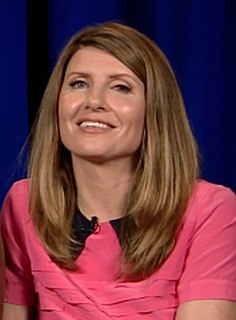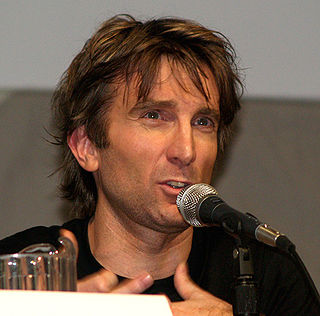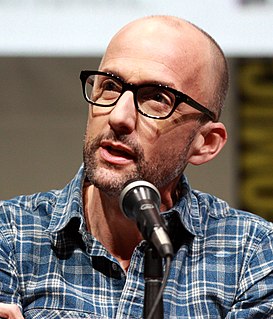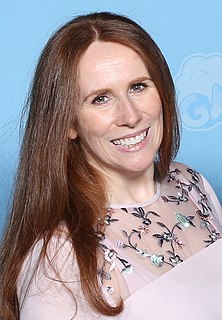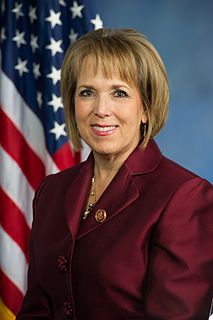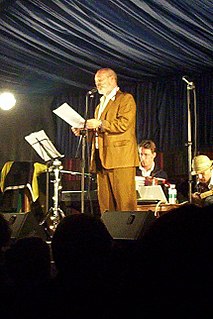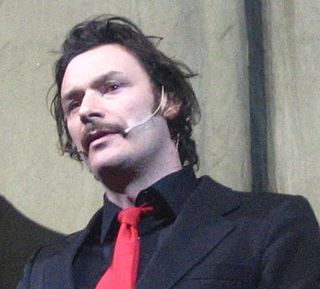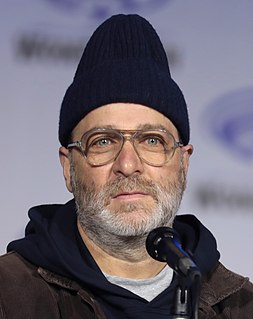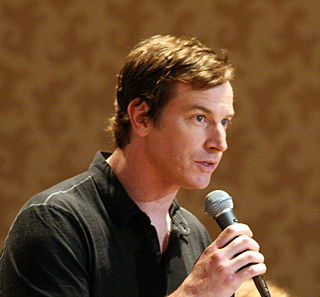A Quote by Sharon Horgan
There are lots of actors, and you need a way to stand out. Writing comedy sketches was a way of doing that.
Related Quotes
I love comedy. I suppose comedy is my first love, in a way. I did a lot of acting, funnily enough, unprofessionally, as a kid. From when I was 10 years old until I was about 19, I was always doing little sketches with my friends, and doing different accents and voices. Probably about 3/4 of those were comedic, in some way, and the other 1/4 was more serious stuff or more action or more dramatic little pieces that I would make. But, I tend to lean towards comedy.
We have such a knee-jerk reaction to our young people, not recognizing our young people carry the torch. We condemn them for their hats worn a certain way or their hoodie worn a certain way, or their pants sagging a certain way, but the reality is, we need to meet them where they stand. We need to arm them with what they need to fight, and then we need to get the hell out the way and let them lead. That is something that is not happening in our communities.
Voice actors I used to know who were starting out in comedy were guys who did a lot of voices. They were usually comedy actors who developed their comedy by doing tons of impressions and voices that were usually very funny. And I never did any of that, so that's, I guess, why I don't consider myself a voice actor.
I feel that when I began writing, I had a need to know more about the play before I got into it. I think that's the way I was thinking. But my actual experience is that the best way to find out what the structure is, is by writing the play out laterally. You just have got to be brave enough to start without knowing where you are going.
